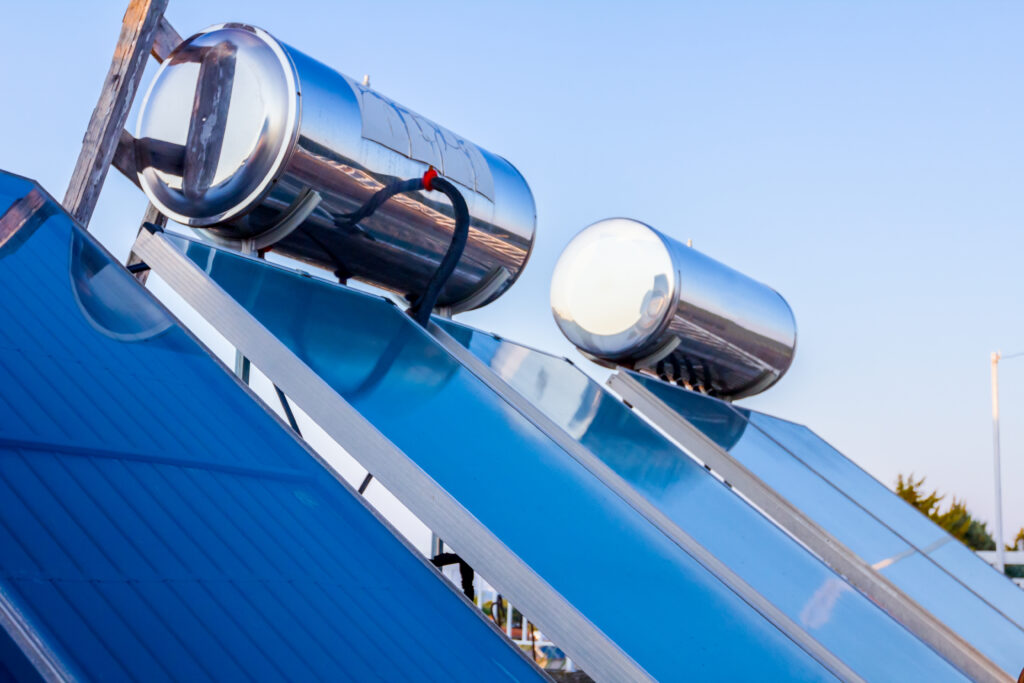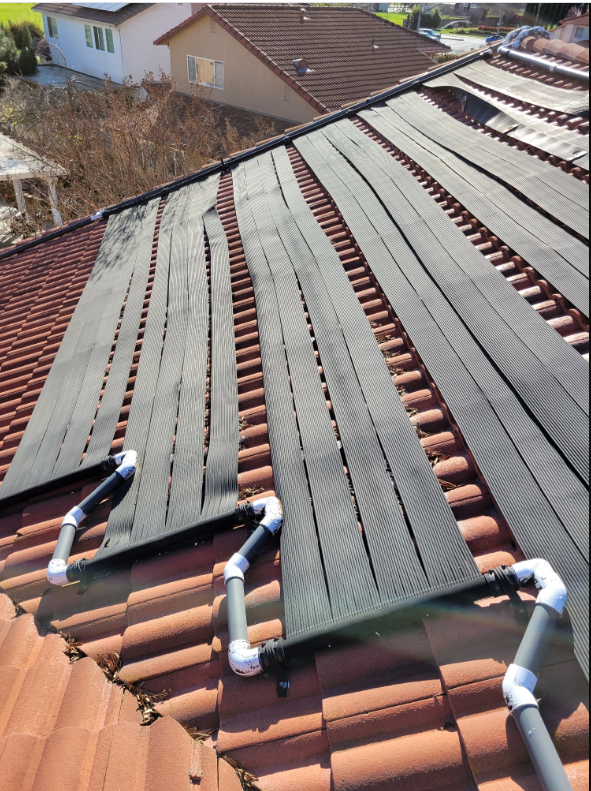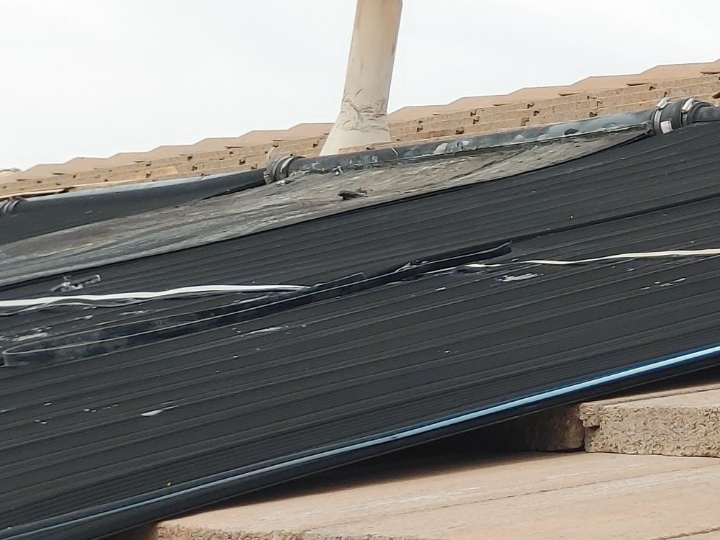Demand for Solar Water Heaters is Rising – And the Number of Related Claims Could Be Next
The following article on “The demand for solar water heaters is rising – are claims next?”, written by Jay Dykstra of HVACi and StrikeCheck, was originally published on Property Casualty 360.
Policyholders already have several water heater characteristics to decide between – tank vs. tankless or gas vs. electric. Now an increased number of insureds are looking to solar as another fuel option for their water heating needs, and adjusters should know what to expect to handle these claims.
Numbers on the overall value of the global solar water heater market vary; however, analyses show trends that the global solar water heater market is getting hotter and has an expected multibillion-dollar growth by 2027. Insurance professionals shouldn’t be in the dark about how solar water heaters work and what different perils they are susceptible to compared to their gas and electric counterparts.
Components, Functions Differ Depending on Fuel Source
Increased utility bills and added emphasis on environmental impacts have many people considering where to potentially reduce energy use and costs. Policyholders rely on water heaters for washing, bathing, cooking, and more, which makes the appliance integral to a residence or business.
Water heaters, whether tanked or tankless, depend on a heat source that needs fuel. Electric water heaters use electricity to heat water, while gas water heaters run on natural gas. Both types are typically inside a building, either in a garage, basement, or attic.
Solar water heaters are often placed on rooftops. (Credit: Shutterstock)
Solar water heaters need the sun to convert into thermal energy, and equipment is located outdoors.
Multiple types of solar water heaters exist:
- Direct circulation systems, which work best in non-freezing conditions, have pumps circulate household water through the collectors and into the building.
- Indirect circulation systems, which can function in freezing climates, use pumps to circulate a non-freezing, heat transfer fluid through collectors and a heat exchanger to increase water temperature.
- Batch collectors, called integrated collector-storage systems, have the sun heat water in storage tanks or tubes until it’s needed in the plumbing system. Storage can cause water to become too hot; therefore, a tempering valve mixes in cold water before it goes to the tap.
- Thermosiphon systems heat water in a collector on the roof before it goes through the plumbing system.
Like all water heater system types, policyholders may find advantages and drawbacks with solar water heaters.
Benefits and Disadvantages of Solar Water Heaters
Some of the benefits of this equipment are directly related to the fuel source. Solar water heaters use natural resources, which can result in lower electricity bills for many policyholders and a decrease in the negative environmental impacts. They can also be used when the electricity isn’t working. Equipment is easier to install and requires less maintenance than electric and gas water heaters.
Solar water heaters aren’t without their downsides. Policyholders need rooftop space to be able to install components, and availability of sunlight is critical. During long-term cloudier periods, it may be necessary to have a backup water heater.
Rooftop space and access to sunlight are essential for successful solar water heater systems. (Credit: StrikeCheck)
Causes of Loss Solar Water Heaters Face
A major difference between solar water heaters and electric or gas versions is their susceptibility to weather-related perils, including hail and wind. However, solar water heaters are vulnerable to other causes of loss, too.
Weather-Related Conditions
Hail can affect solar water heating panels even if it didn’t touch other components. Not all impacts diminish the panels’ operability, and an expert should evaluate them to determine scope of damage. Panels that have major hail damages that do interfere with their function may have to be replaced if repair costs meet or exceed the price of new equipment. Adjusters handling these claims that require replacements should obtain market value pricing and ensure they’re settling for Like Kind and Quality equipment.
Similarly, wind can impact solar water heater panels and cause physical damage that may require repairs or full replacement. However, wind could affect other components, including internal plumbing and connections.
Water began to leak from underneath multiple solar water heating panels because of an internal plumbing and connections failure caused by wind. (Credit: StrikeCheck)
When weather dips below freezing, solar water heaters run the risk of sustaining damage similar to that of frozen pipes, including burst and broken components, because they are outside.
Surge and Wear and Tear
Solar water heaters aren’t immune to some of the causes of loss that impact electric and gas water heaters. For example, high voltage surges can affect sensors and control panels.
Equipment that has not been maintained properly or that is several years old may begin to sustain losses from wear and tear.
Among the common losses related to wear and tear is the potential for heat panel glue to weaken. This results in the panels not being properly secured to the roof or a loose temperature sensor wire. Wooden boards under panels may also deteriorate over time, causing panels to come loose or attached piping to leak. Rust and corrosion can occur after long-term leaks from the solar heater enclosure and water supply lines.
Comprehensive evaluations could determine an accurate cause of loss.
Stay Up to Date With Popular Property Items
Whether the solar water heaters market increases at the expected compound annual growth rate, it’s important adjusters keep up with changing trends and news about the complex equipment that winds up in claims.
Jay Dykstra is the technical education manager for StrikeCheck and HVACi. He is responsible for the development, presentation, and curation of technical education content for adjusters and insurance claims professionals.



